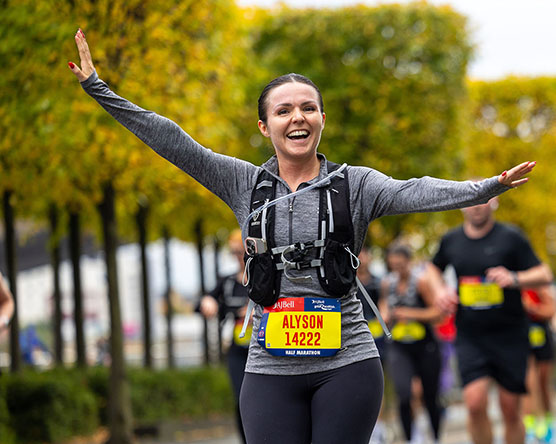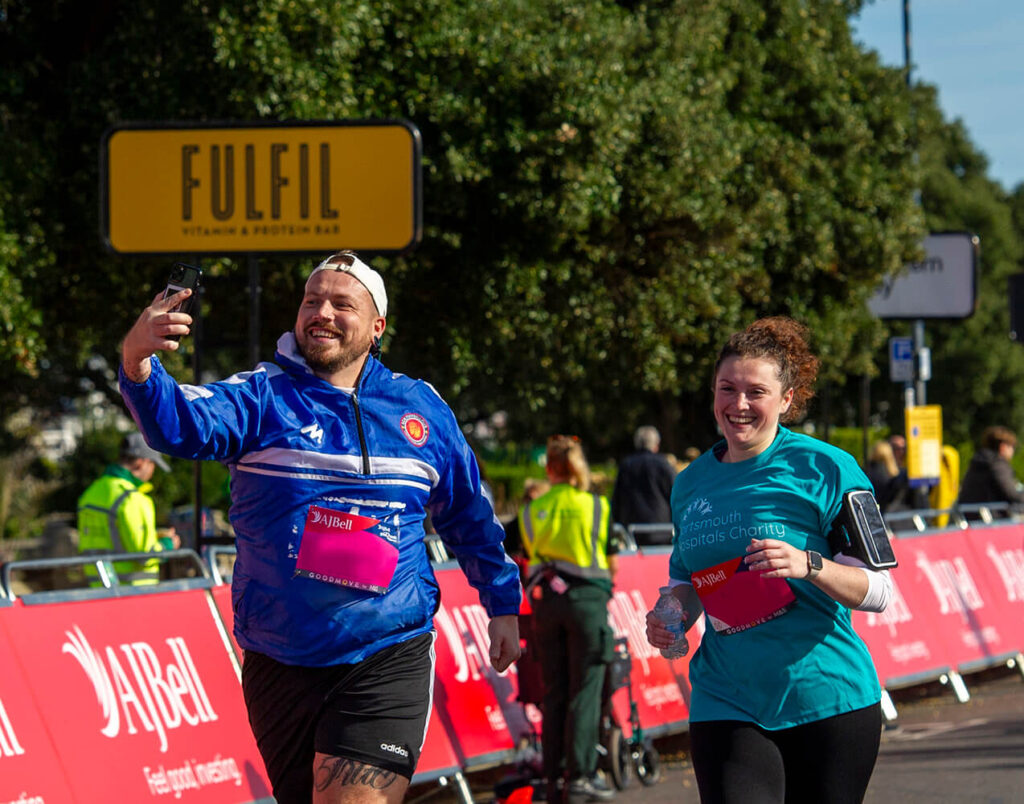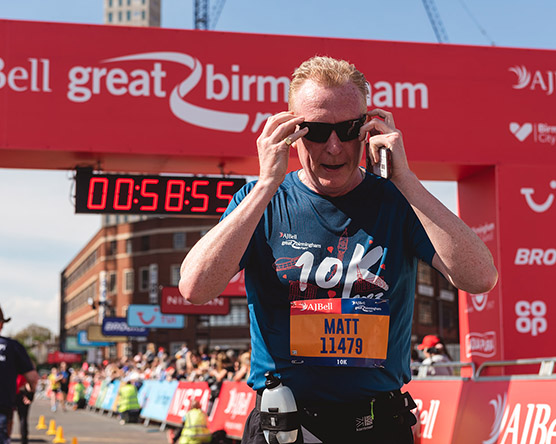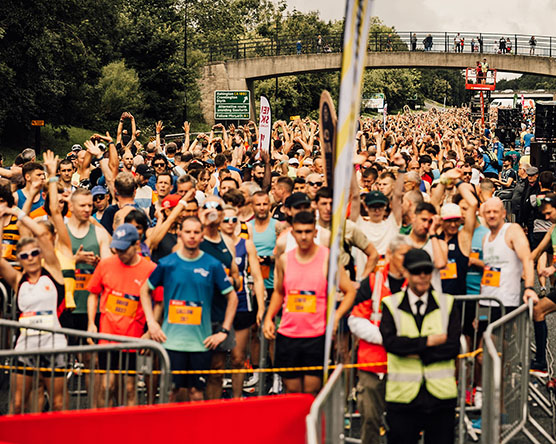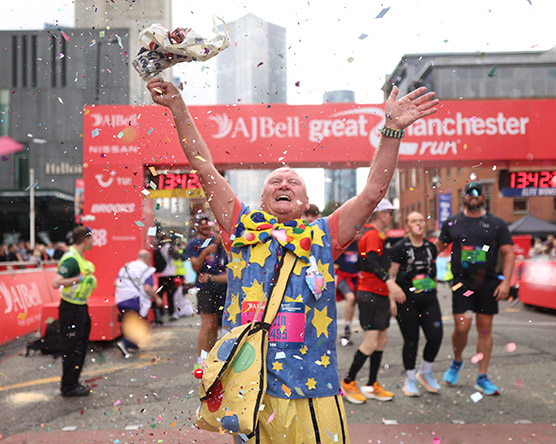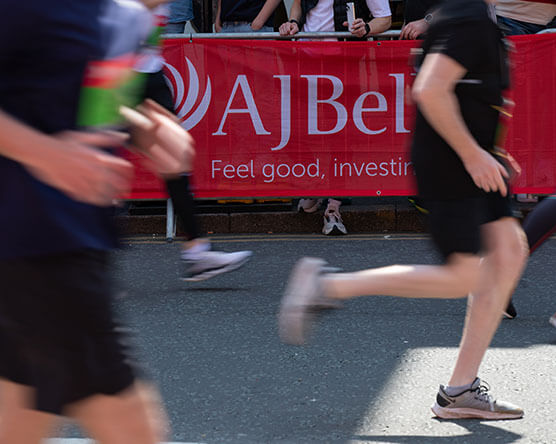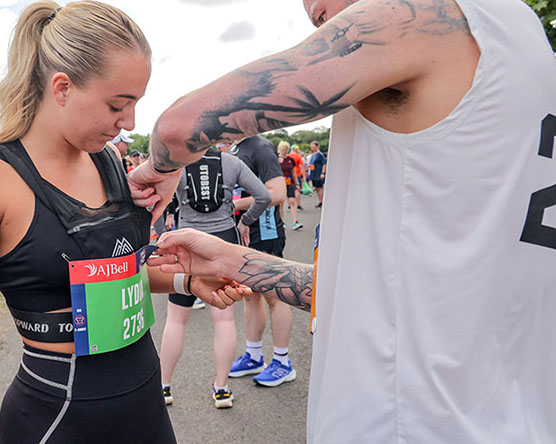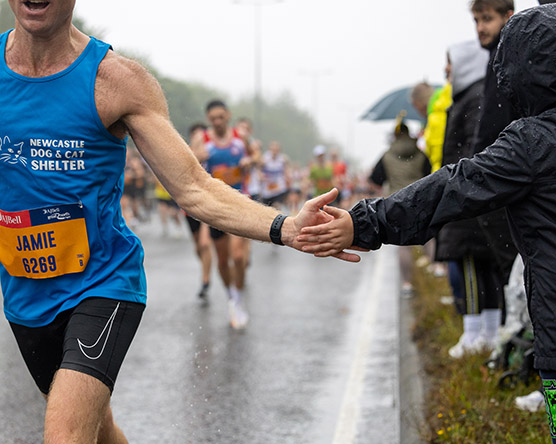You’ve signed up to a Great Run event, you’ve put the miles in training and your big day is almost here. Whatever distance you’re running, our number one priority is ensuring that you’re mentally and physically prepared for the challenge ahead so here are our top tips for before, during, and after event day to make sure it is a success…
BEFORE EVENT DAY
TRAINING
You’ve probably heard the phrase ‘practice makes perfect’. (That’s why you aren’t going to do anything on race day that you haven’t tried in training…. promise!?). To protect your feet and lower limbs, it’s essential that your running shoes are fitted to your feet and running style and you are running in them for at least a month before the event. As new kit may cause chafing, blisters, or general discomfort, you also want to run in kit that you wore during training – now is not the time to wear your spanking new running shorts if you haven’t trained in them! It’s also a good idea to practice running carrying a bottle and ideally one with a sports cap so it’s easy to take regular sips
HYDRATION
Make sure you stay well-hydrated. In the weeks leading up to the event, the colour of your urine is a useful indicator of hydration. Generally, dark urine suggests you are dehydrated (although nutritional supplements can also alter urine colour), with pale straw-coloured water being ideal. In 24 hours before you run, avoid any dehydrating drinks such as alcoholic beverages.
NUTRITION
In the week and days before your run, stick to what your body knows and what you have been eating during your training. If you’ve never eaten mini mars bars, orange segments or bananas on the run, now is not the time to try them – you just don’t know how your body might react. The night before the race, be sure to have a good meal which is high in carbohydrates and low in fibre.
FIT TO RUN?
Don’t run if you feel unwell or have been ill recently. Running can put you at risk of serious illness if you have been vomiting felt dizzy or had chest pains. Don’t be tempted to start just because you have collected sponsors to raise money for charity. You can attempt another run in the future.
As a guide, during the last few weeks before the event takes place you should have run between 17 and 20 miles continuously for a marathon, 4 miles for a 10k and 8 miles for a half marathon in training to be properly prepared for the distance. If you haven’t managed this, you may not enjoy the event or be able to complete it safely, so please don’t run this time.
Remember to fill in the requested information on the back of your run number – including emergency contact numbers for the day of the event. You must run with your own number, nobody else’s. Don’t let anyone else use it if you decide not to take part.
PREPARATION IS KEY
You want to make sure race day is as stress-free as possible which is why we suggest preparing your bags the night before. Check the weather forecast for the next day. Is it warm and sunny? Wear breathable clothing and consider bringing a cap and water-resistant sun cream – but don’t apply too much, you don’t want it running into your eyes! Is it cold and wet? You might want to bring a hat and gloves but avoid the temptation to overdress. Consider wearing a bin liner over your running garb to keep the rain off or an old top layer to wear at the start which you can throw away after the warm-up. Great Run will donate your unwanted clothes to charity wherever possible. Don’t forget to pack your own safety pins as well and pack Vaseline to apply to areas where you have had chafing during training – that might include the groin, under your arms, the bra band or toes.
ON THE DAY
DON’T RUN ON EMPTY
No matter how nervous you feel before an event, don’t run on an empty stomach. Toast and jam, cereal with milk or even a banana smoothie will fuel your efforts. Eat at least two hours before your event, to allow time for digestion.
SAFETY NOTES
- Don’t leave your bag unattended anywhere on site
- If possible leave your belongings with friends and family
- If you use our baggage service, please only bring the minimum you require for the day
- Listen carefully to staff and stewards and follow any instructions they give you
- Please report anything suspicious to stewards
- If you see anything that could cause an immediate threat dial 999
- In case of an incident, leave the area quickly and sensibly as directed
- Once you are safe, follow the local police force on Twitter for updates
RUN AT YOUR OWN PACE
The biggest mistake runners of all abilities and levels of experience make is to start events too fast and many people tire themselves out by dodging in and out of runners because they’re behind on their pacing plan. Don’t get carried away by pre-event nerves and the carnival atmosphere. Try to maintain a steady, even pace and enjoy the event. Use the distance markers as a reminder to review how you’re feeling, your posture, breathing and pace.
AVOID A DRINK PROBLEM
During a run, drink when you need to. There will be regular water points along the course so make sure you check out the event guide or website for where these will be located. As you approach a drinks station, make eye contact with someone holding a drink out, so that they know you are going to take it from them. This saves you missing out or ending up with a drink down your t-shirt. If you are taking part in a big, busy event, it’s polite (not to mention sensible) to avoid veering across the road to get a drink or coming to a sudden halt when you’ve got one.
BE LAV SAVVY
Toilet queues are an occupational hazard for runners, so allow plenty of time for your pre-run visit to the loo. But once you’ve been, try to resist the urge to go again – it’s most likely nerves (especially if you don’t customarily need to go three times an hour!) The chances are you’ll forget all about the urge once you’ve started running.
ENJOY YOURSELF
Whether you are hell bent on achieving a new personal best time or simply making it to the finish line in one piece, remember to ENJOY the journey as well as the destination. You’ve put so much into preparing for this big day, so savour it and be proud of yourself. We’ll be there to cheer you over the finish line! Good luck.
BEYOND THE FINISH LINE
KEEP MOVING
When you cross the finish line (and you will!), don’t stop suddenly. Put on some warm, dry clothes and footwear to avoid getting cold and keep moving while your heart rate and breathing rate get back to norm. Whilst you move, add in some exercises to stretch out your muscles (unless they are sore and tender, in which case it’s best to leave stretching for another day). and collect you goody bag once which has snacks in it but you can bring your own too.
REHYDRATE AND EAT SOME FOOD
You’ll have worked up an appetite from your run so it is important that you eat and drink something within the first half hour of finishing. After the run, make sure you take a drink collect your goody bag containing some snacks as soon as you can. Your muscles replace energy (in the form of glycogen) most efficiently within two hours of finishing the event so try to eat some starch-rich foods in this post-run window. Catering facilities will be available in the event village so bring some spare change if you don’t want to carry food with you. Ensure that you are fully hydrated with water or squash before consuming any alcohol once you’ve finished.
TAKE A BREAK AND GIVE YOURSELF CREDIT
Be sure to rest – you’ve earned a break! Maybe take a week off your running and make a conscious effort to congratulate or reward yourself after the event – training for and completing an event is a fantastic achievement.




